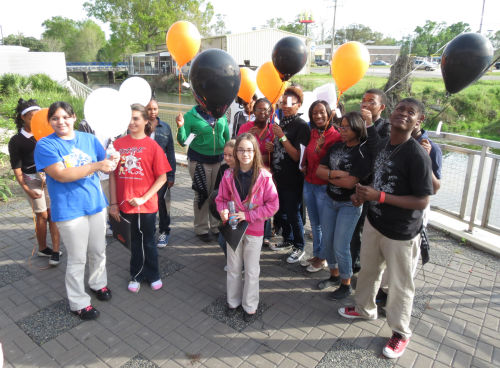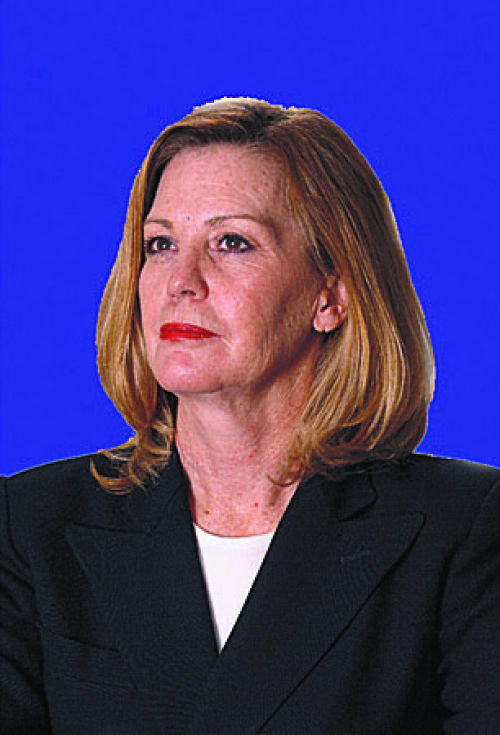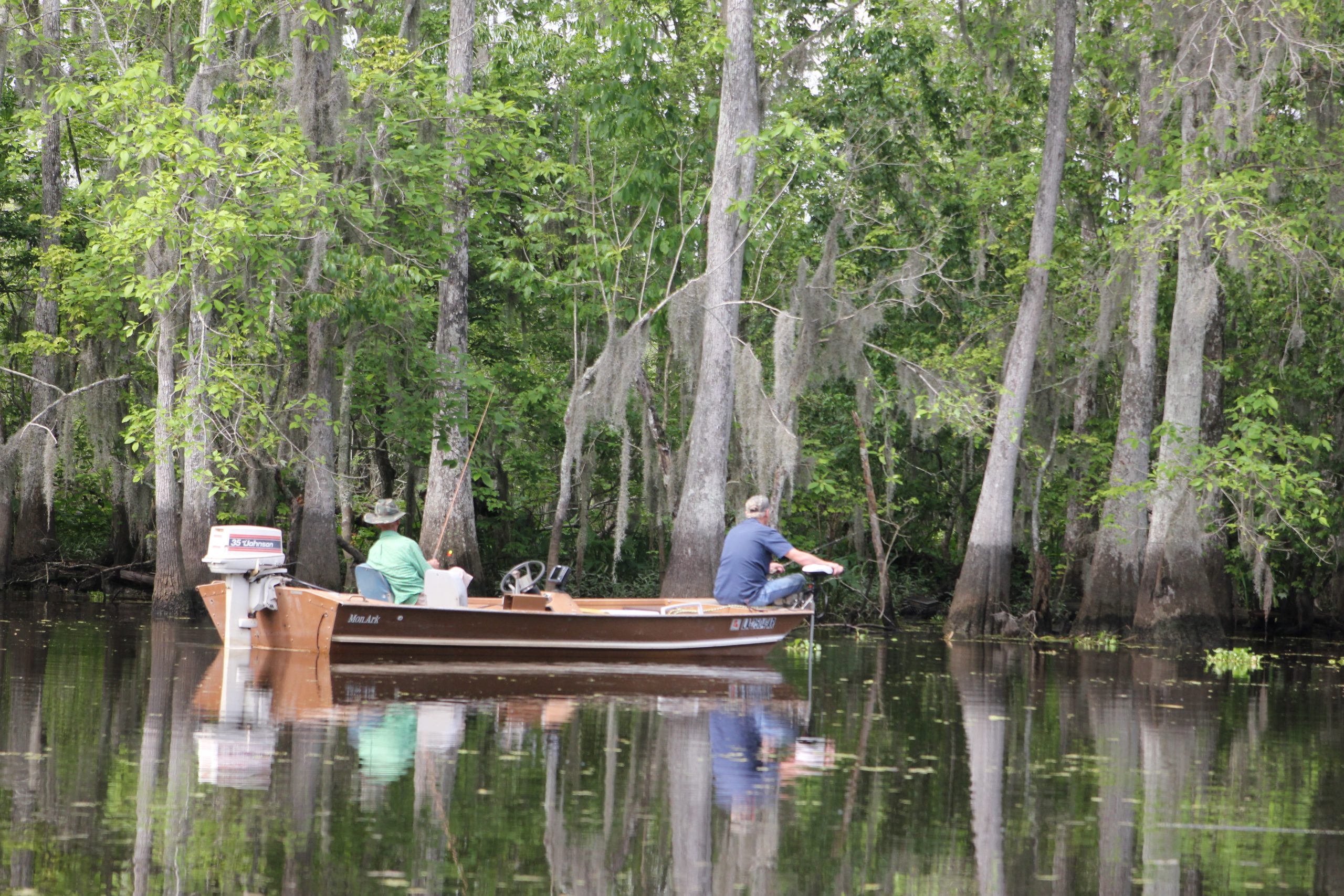Triple murder suspect faces lethal injection
March 26, 2013
Local youth take a stand against tobacco use
March 26, 2013Lafourche Parish President Charlotte Randolph violated the state ethics code when she leased her Grand Isle camp to BP months after 2010 Deepwater Horizon disaster, the Ethics Adjudicatory Board ruled last week.
Randolph self-reported the possibility she committed an ethical violation 29 months ago.
She received the maximum fine of $10,000 and must pay a penalty of $50,000, the amount she and her husband George allegedly received through the lease agreement. The $60,000 will be paid to the Board of Ethics.
State law allows penalties in such cases to be equal to the ill-gotten amount, plus half, or $75,000 in this case. This is separate from the restrictions on fines, which is set at a maximum $10,000 for violations of the Code of Governmental Ethics.
“I am weighing my options,” Randolph said through a parish government spokesperson. State law gives her 10 days to petition for a rehearing or review of the case.
The EAB found that Randolph collected $50,000 from June through October 2010 from BP for the rental of her Grand Isle camp. In May of that year, BP provided Lafourche Parish Government $1 million to offset oil-spill related costs to the public.
The state ethics code forbids a public servant from conducting private business with parties who are seeking or engaged in business with the public servant’s agency.
“As parish president, during the term of her public service, Charlotte Randolph was prohibited from receiving anything of economic value from any entity with a financial relationship with the parish. She violated this prohibition.” the three-judge panel determined.
During the hearing on March 7, Randolph said motivation behind the private deal was purely to help BP house employees, who had to respond to the oiled coastline daily, in an area short on hotel vacancies.
“We are not perfect,” Randolph told the judges. “We do not do anything to hurt Lafourche Parish.”
She and her husband George perceived the $1 million from BP to Lafourche Parish as a “donation” rather than a contract, George said, and the notion that the parish president could lessen BP’s penalties or fines beneath the international media spotlight that followed the spill is “ludicrous,” Charlotte said.
BP agreed to similar $1 million agreements with five coastal parishes, and BP had oversight over how the money was spent in each parish.
“BP had nothing to gain from renting our camp,” the parish president insisted. “There was nothing in our (public) agreement that was different than anyone else’s.”
Charlotte and George Randolph self-reported the rental circumstances to the Louisiana Ethics Administration one day after the parish’s district attorney opined deals between public officials and BP would likely be prohibited.
The Board of Ethics filed the charge against the parish’s first couple in December 2011. Tracy Barker, the staff attorney prosecuting the case for the board, emphasized to judges that the parish president’s intent is irrelevant.
“Quid pro quo is not an element of the state law,” Barker said. As an elected official, “there are more rules that (Randolph has) to follow than an ordinary citizen. The public should not have to question her motive.
“This is exactly what the code prohibits.”
The adjudicatory board, represented by a three-administrative law judge panel consisting of John Kopynec, Alycia O’Bear and Suzanne Sasser, agreed with Barker.
“We further determine that the extraordinary circumstances involved do not excuse her conduct,” the decision reads.









